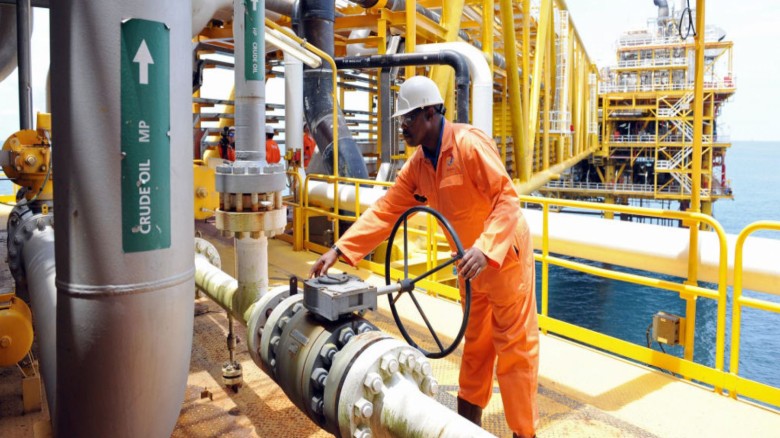Govt policies stall $1.2bn subsea gas pipeline project — Dangote
Mr. Devakumar Edwin, Vice President of Dangote Industries Limited, has revealed that government policies were to blame for the company's decision to abandon plans for a 1,200-kilometer subsea gas pipeline project that would transport gas from the sea to the shore.Edwin disclosed this during a Nairametrics-organized X discussion.
He explained that the company's initial plan was to process gas for local companies and businesses.
However, government policies at the time created significant obstacles.
Specifically, regulations prohibited a single entity from controlling the upstream, midstream, and downstream sectors.
Furthermore, the government's policy of owning all gas pipelines in the country, regardless of who built them, slowed the project's progress.
He stated, "Nigeria has a lot of gas that is trapped in the sea because there is no way to transport it to the shore. We wanted to invest in a 1,200-kilometer subsea gas pipeline network to bring the gas to shore, and we decided not to export as NLNG because there is no difference between exporting crude or gas because it is a raw material from which a variety of petrochemical materials can be produced.
"The gas pipeline was supposed to bring in 2 billion standard cubic feet of gas. We conducted a one-year study by hiring two ships to determine the route through which we would lay the subsea gas pipeline so that the gas could be collected and evacuated. However, the government's policy allowed for only one player upstream, midstream, and downstream. We were trying to find a solution when the government said that all gas pipelines, once built, would be handed over to the Nigerian Gas Company. So, this is how the project was abandoned."
The Vice President also stated that the company had plans for upstream oil production, but had invested up to $23 billion in the refinery and fertiliser plant.
Nigeria, which has Africa's largest natural gas reserves of over 200 trillion cubic feet, continues to flare gas from its oil fields due to insufficient processing infrastructure and capital constraints.
























Leave A Comment